Let’s Talk Menopause
Alejandra Gomez Ortega, Renee Noortman, Daisy O’Neill, Svetlana Mironcika, Carmen Heuvelmans
The transition into menopause is a phase in life that not only brings physical changes but also influences a person's social, sexual, and mental experiences. Unfortunately, it is often regarded as a taboo topic and therefore it isn’t much talked about, which leaves many people unprepared for the changes they go through and without the support they need. In the Netherlands, different generations tend to live separately, so we don’t often see or learn from each other's experiences with menopause. This project aims to help mothers, daughters, and others talk about the often hidden and unspoken experiences of menopause by engaging in creative activities together.
What does menopause really feel like?
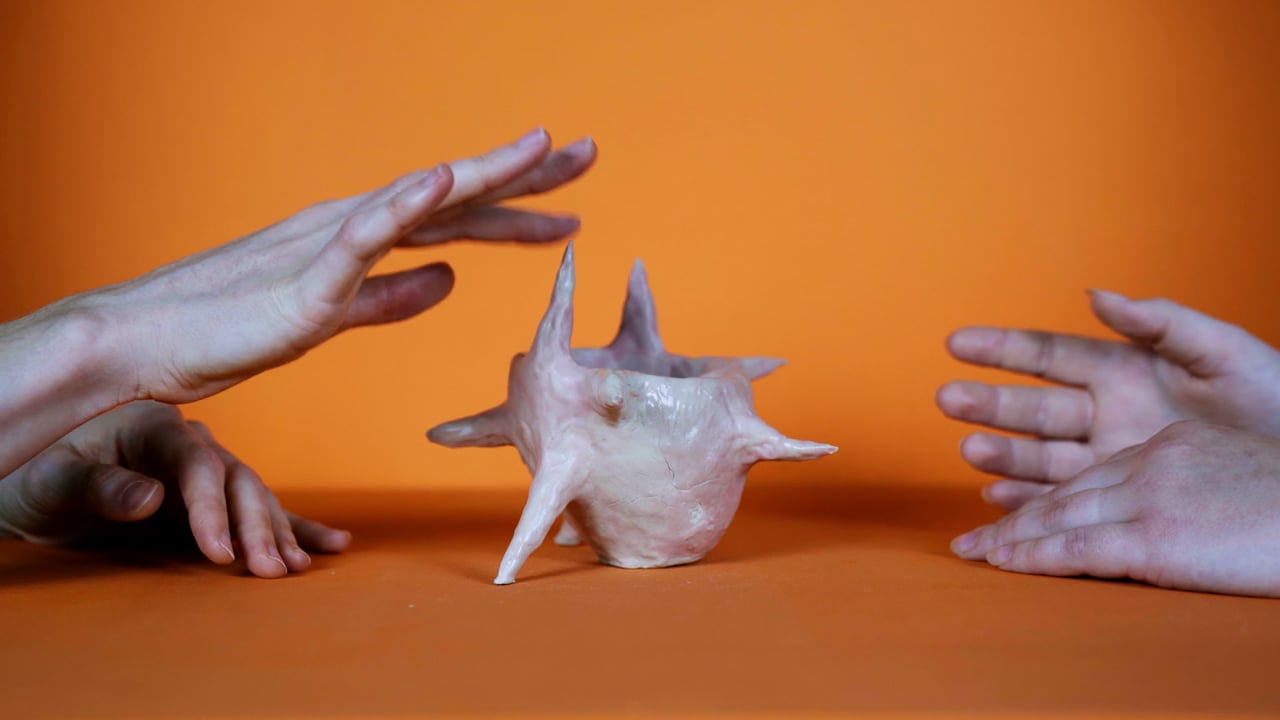
We opened a design space to foster intergenerational dialogue around health transitions, specifically menopause. We designed five artefacts that capture elements from individual menopause experiences in collaboration with mothers and daughters. We recognize that people of all genders can experience menopause. For this project, we focused on the experiences of cis-gendered women with the hopes of exploring gender-diverse experiences in future research.
We conducted co-speculation workshops with six mother-daughter pairs to speculate about ways to make invisible and hidden experiences around menopause tangible and experiential. These workshops resulted in five artefacts that we then polished for the exhibition:
- conversational cups
- hold on me
- collecting experiences
- head into menopause
- menopause library
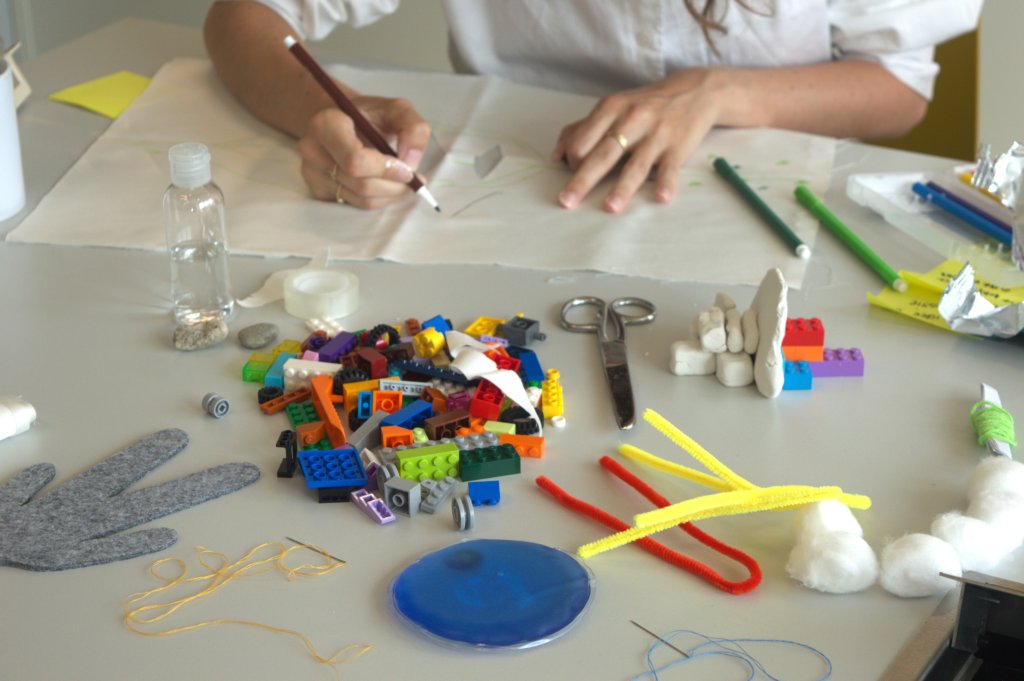
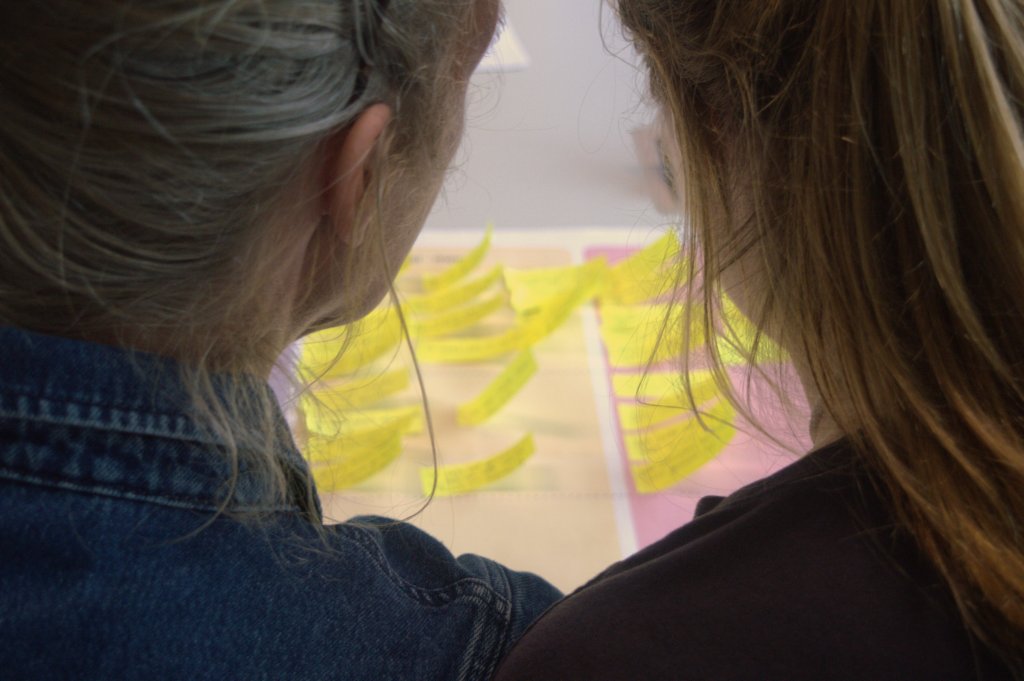
With this project, we contribute a feminist perspective on the theme of Boosting our Health and Wellbeing – focusing on creating equitable health experiences for all. Our understanding of health and what it means to feel well is shifting; health is holistic, situated, and constantly fluctuates over a lifetime. Simultaneously, our understanding of gendered health experiences such as menopause is radically changing.
We hope the project and the exhibition will stimulate intergenerational conversation between visitors at DDW, many of whom come together with their families—not only among mothers and daughters - but also engage other members of the family and society whose perceptions and attitudes often influence menopausal symptoms and experiences of women.
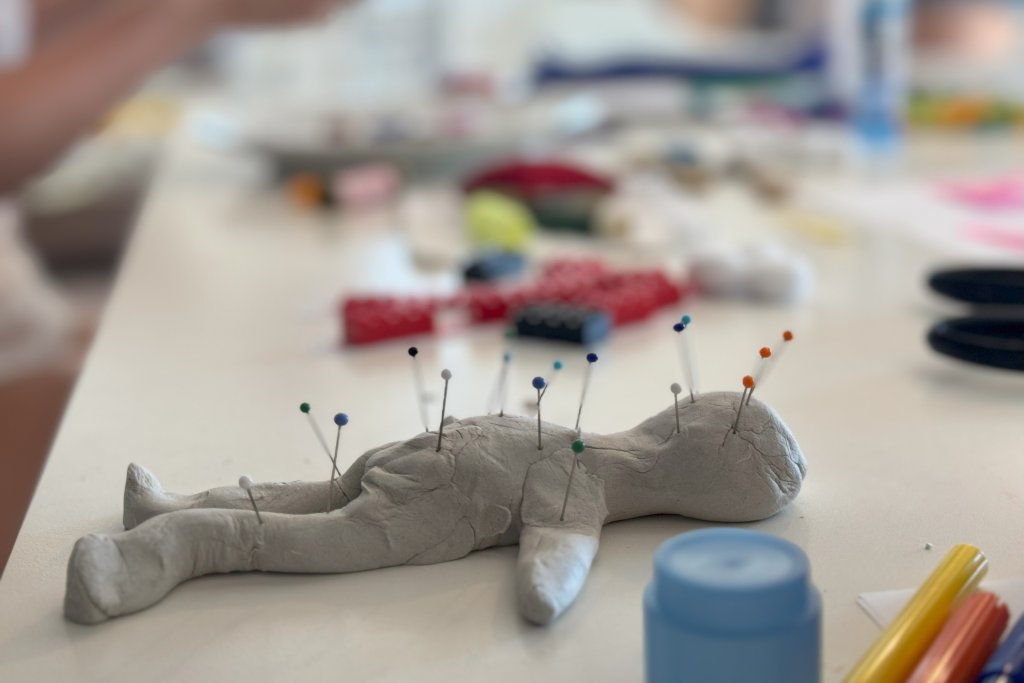
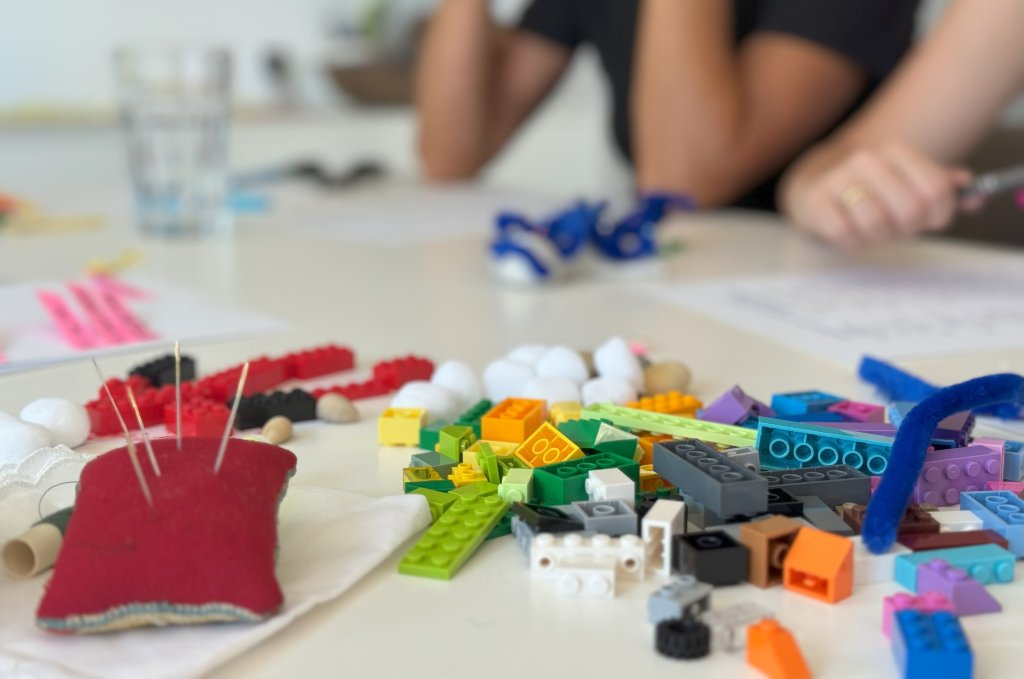
Share
Contacts
- -Alejandra Gomez Ortegaa.gomezortega@tudelft.nl
- -Renee Noortmanr.r.noortman@tue.nl
- -Daisy O’Neilld.oneill@tue.nl
- -Svetlana MironcikaS.mironcika@tue.nl
- -Carmen Heuvelmansc.m.c.heuvelmans@utwente.nl


